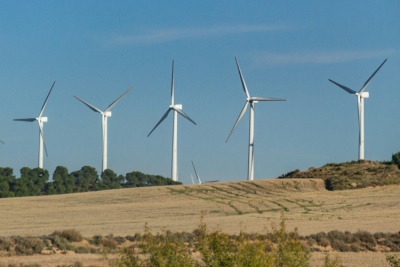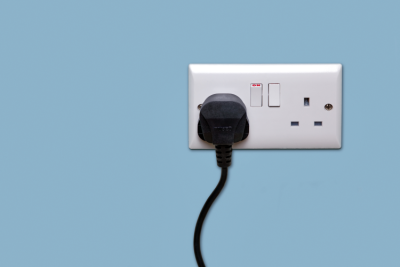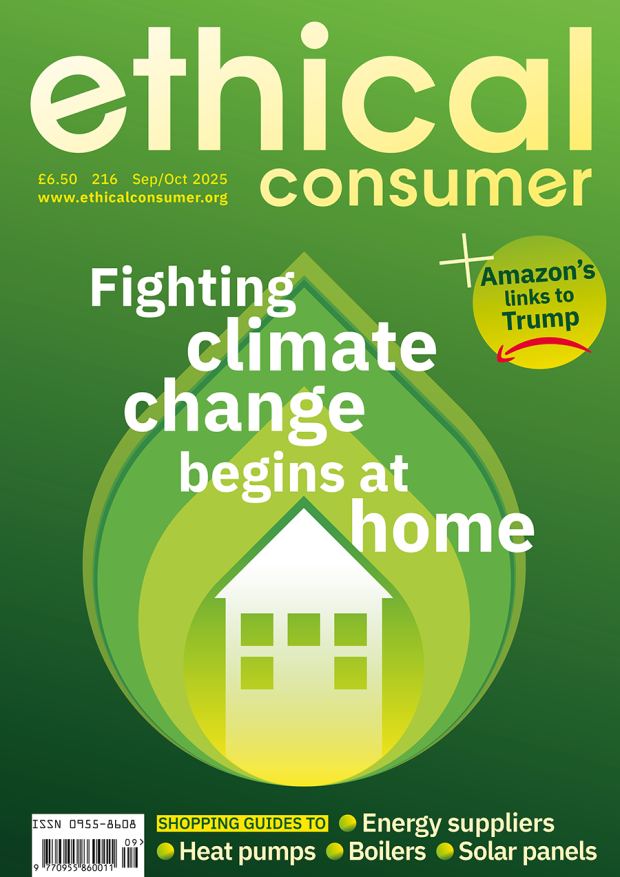Find an ethical energy supplier
Energy supply in the UK is a very artificial and complicated market, with a lot of confusion about renewable energy and green tariffs.
In this guide we explore the ethical and environmental issues of energy, green tariffs, greenwashing, green gas, and community energy, and see if there are any ethical energy providers.
Which energy brands are in the guide?
There are 17 energy companies in this guide including the big supplies such as British Gas, EDF, E.ON, Octopus, and Scottish Power.
We also cover smaller suppliers such as 100Green, Ecotricity, Good Energy, Ovo, Utility Warehouse, Utilita, and Your Co-op Energy.





